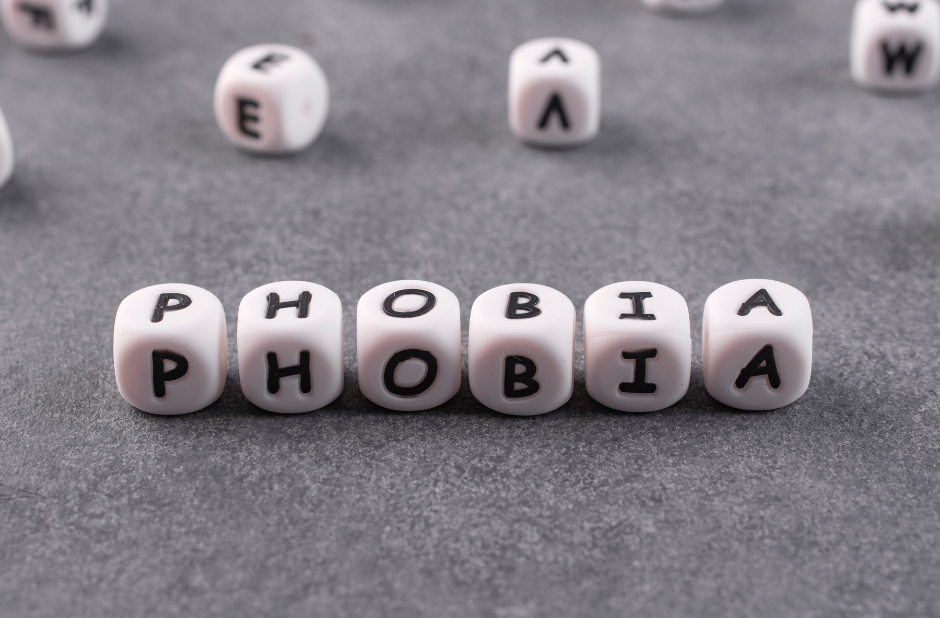- Posted on
- AdCraft ads
- No Comments
Understanding Phobia
Phobia are intense, irrational fears of specific objects or situations that can cause significant distress and impairment in daily life. It’s essential to understand that phobias are not just simple fears, but rather a complex interplay of psychological and physiological factors that can be challenging to overcome.
The Psychological Impact of Phobia
Phobias can have a severe impact on an individual’s mental and emotional well-being. The constant fear and anxiety associated with phobias can lead to avoidance behaviors, which can limit one’s ability to engage in normal activities and social interactions. This can result in feelings of isolation, low self-esteem, and a sense of powerlessness.
Overcoming Phobia Through Exposure Therapy
Exposure therapy is a common and effective psychological treatment for phobias. This approach involves gradually exposing the individual to the feared object or situation in a controlled and supportive environment. Through repeated exposure, the individual can learn to manage their fear response and develop coping strategies to reduce anxiety.
Cognitive-Behavioral Techniques
Cognitive-behavioral techniques, such as cognitive restructuring and relaxation training, are also valuable tools in overcoming phobias. By identifying and challenging irrational thoughts related to the phobia, individuals can reframe their thinking and reduce the intensity of their fear response. Additionally, learning relaxation techniques can help manage anxiety and physical symptoms associated with the phobia.
The Role of Support and Encouragement
Support from friends, family, and mental health professionals is crucial in overcoming phobias. Having a strong support system can provide encouragement, understanding, and practical assistance in facing fears. It’s essential for individuals to feel validated and empowered as they work towards overcoming their phobias.
Conclusion
In conclusion, overcoming phobias from a psychological perspective involves a combination of exposure therapy, cognitive-behavioral techniques, and a supportive environment. While the process may be challenging, with dedication and the right support, individuals can learn to manage and overcome their phobias, leading to a more fulfilling and balanced life. If you or someone you know is struggling with a phobia, seeking professional help and guidance is the first step towards reclaiming control and well-being.

